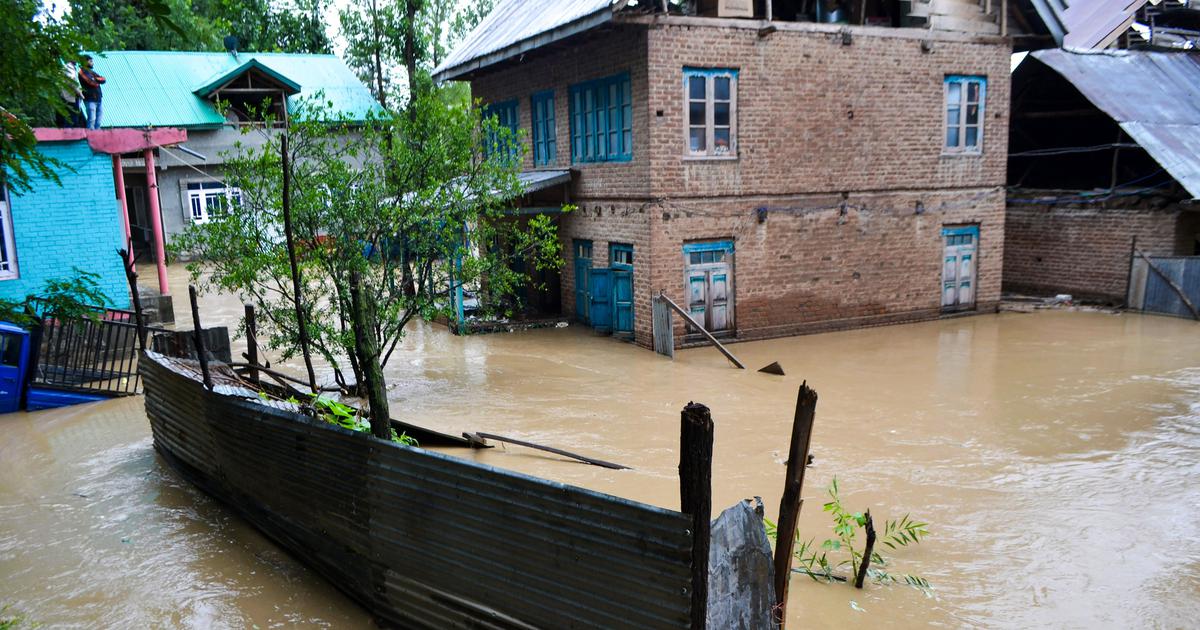Scientists and glaciology experts have already voiced their concerns about the melting of glaciers in Kashmir and Ladakh.
SRINAGAR
After the human tragedies due to environmental degradation in Himachal Pradesh and Sikkim, the threat of flash floods in Kashmir valley and Ladakh is becoming grave, forcing the authorities to take scientific advice.
Scientists and glaciology experts have already voiced their concerns about the melting of glaciers in Kashmir and Ladakh. They have also highlighted the impending danger of forming glacial lakes which can result in flash floods, especially in Himalayas and consume human lives.
The recent tragedy of Sikkim has alerted the authorities of UTs Jammu &Kashmir and Ladakh and experts have already suggested them that there is a need for urgent construction of storage tanks or dams to arrest not only the water of unexpected rains, but also of the glacial lakes which are being formed in the upper regions due to the rising temperatures.
Senior officer in UT of Ladakh told this reporter that they are already working with scientists to start some storage projects as there is already a lot of water shortage in Kargil and Leh.
Water scarcity in Leh and Kargil is becoming acute as the ground level of water is also receding in Leh town, forcing the authorities to look for solutions to this growing problem.
“Work on the water storage projects will be started after the joint meeting of scientists and bureaucrats” said a senior officer in the UT of Ladakh. Rising temperatures in the Himalayas have been melting the glaciers at a rapid speed and it is resulting in making glacial lakes in the upper parts of Himalayas; if they burst during the summers, they can result in flash floods resulting in destruction.
Scientists have already published in their research work that Pir Panchal Range glaciers are melting at a higher rate compared to Karakoram Range glaciers in Ladakh region. Shakeel Ahmad Romshoo, a prominent glaciology scientist, has already raised alarm about less snowfall during winters and rising temperatures resulting in melting of glaciers during summers.
He has also suggested to the authorities to go for water storage projects in Kashmir as climate change is resulting in more unexpected rains during the spring months of March, April and May here.
He said that in order to cater to the needs of agriculture and horticulture sectors in Kashmir and Ladakh, the government will have to go for water storage projects so that water could be released during mid-summer when there is a complete dry season being witnessed now.
In UTs of Jammu &Kashmir and Ladakh during the coming year, climate change and rising temperatures will show more impact on the ground and the urgency of water storage projects will become more visible and prominent.

